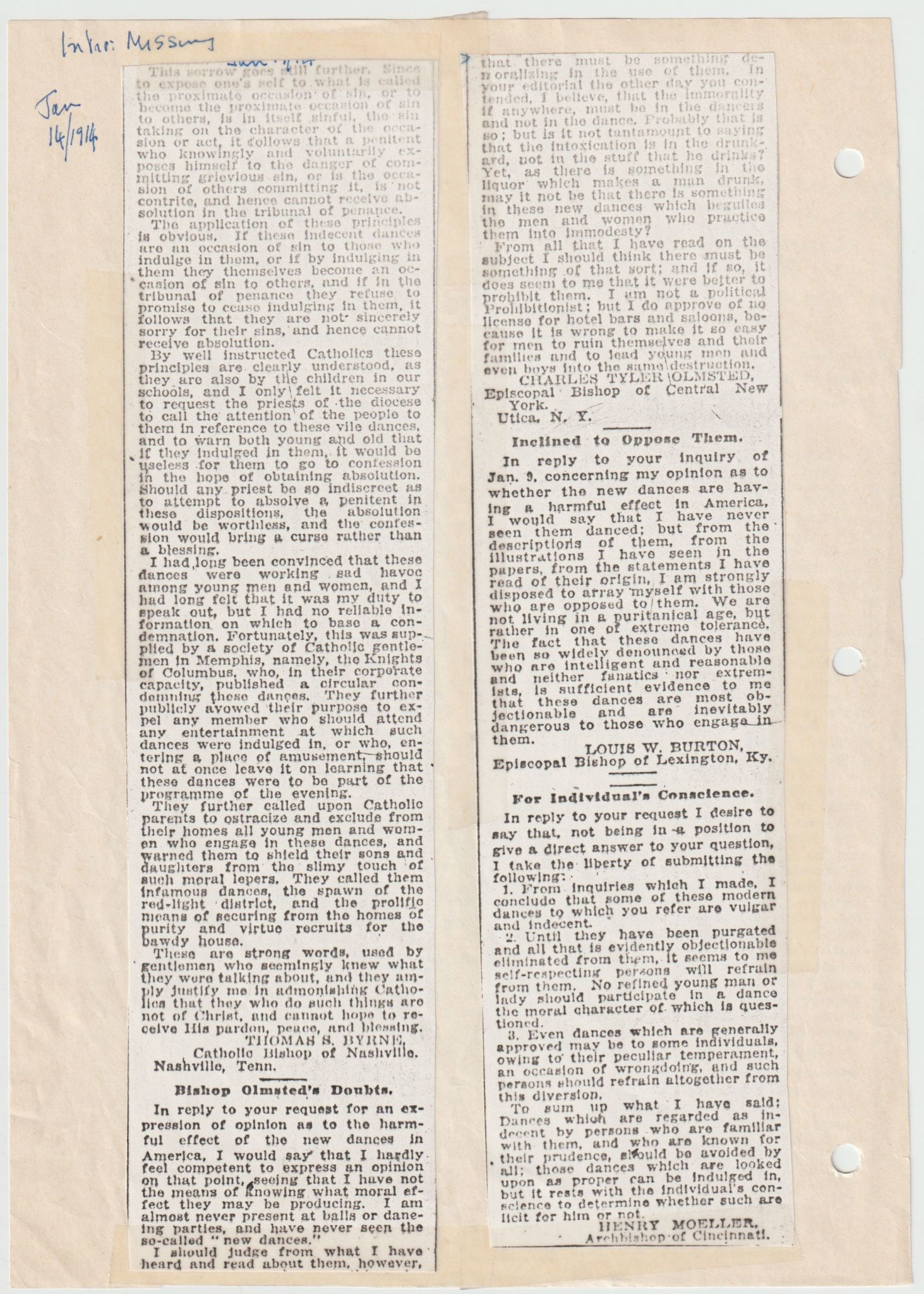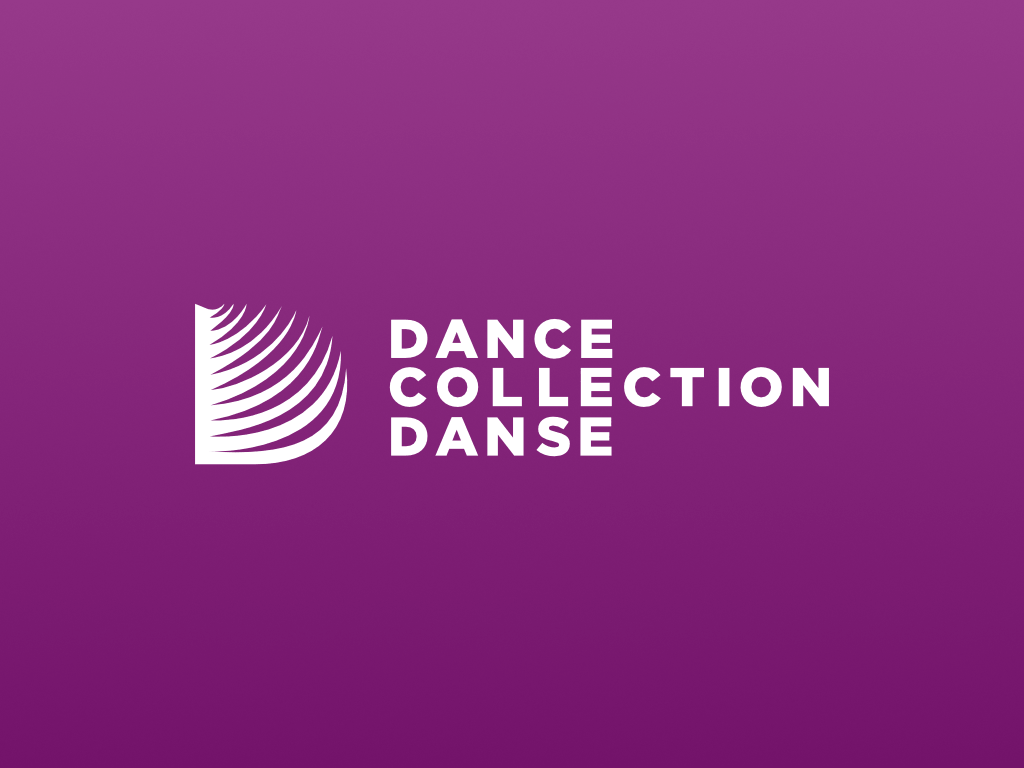Felix Cherniavsky - Censorship, Dance, and Morality
Added 18th Mar 2022 by Beth Dobson (Archives and Programming Assistant, DCD) / Last update 18th Mar 2022

Maud Allan 927b 51 2008-2-61.jpg
(No description added)
Felix Cherniavsky - Censorship, Dance, and Morality

The description of this Item
The collections that this item appears in.
Tag descriptions added by humans
Description of the objects in this Item
DCD's accession number for this Item. It is the unique identifier.
Auto-generated content
Tag descriptions added automatically
text
book
photo
Black and white
Auto-generated identification of objects in this Item
An autogenerated description of this Item
Auto-generated number of faces in the Item